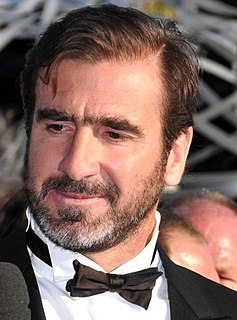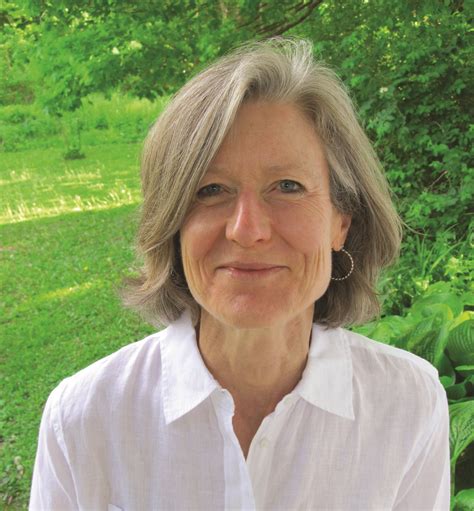A Quote by Catherine Camus
Femininity, yes, effectively there is more in The First Man, not only in terms of women but stylistically, in its elements, the notes he wrote. You can see a real love story in it, a childhood love story, [Albert] Camus' first. Meursault [protagonist of The Outsider] and Marie were never up to much really. There is Dora in The Just and others in his plays, but they aren't so well known.
Related Quotes
Love is very important in The First Man, in that [Albert] Camus loves these things he never chose, he loves his childhood experience in a very real way. Their poverty meant that there was nothing else they could think about but what they would eat, how they would clothe themselves. There's just no room for other things in his family. It's difficult for others to imagine the position in which he found himself. There is no imaginary existence in their lives.
With my two brothers, Jean-Marie and Joel, I wrote a two-page story and wanted to make some kind of movie. We met a French production company, called Why Not?, and the first name we put on the list was Ken Loach. It was a dream for all of us. So, we tried and we met Ken and Paul Laverty, his writer, and they read the two pages and were inspired by that to do something. Paul had the freedom to do his own story - and he wrote his own story, which is better than the one we'd written.
It thought about the magic that happens when you tell a story right, and everybody who hears it not only loves the story, but they love you a little bit, too, for telling it so well. Like I love Ms. Washington, in spite of myself, the first time I heard her. When you hear somebody read a story well, you can't help but think there's some good inside them, even if you don't know them.
Albert Camus wrote that the only serious question is whether to kill yourself or not. Tom Robbins wrote that the only serious question is whether time has a beginning and an end. Camus clearly got up on the wrong side of bed, and Robbins must have forgotten to set the alarm. There is only one serious question. And that is: Who knows how to make love stay? Answer me that and I will tell you whether or not to kill yourself.
I decided to make myself a little less precious with my storytelling. I think you can see from the first three pieces in the book that I have a long term relationship with the short story as a form and I really love an elegantly crafted story that has several elements that come together in a way that is emotionally complex and different from when we started. That kind of crystalline, perfect, idealized thing that the short story as a genre has come to represent.
I was lucky enough to date my first love for five years. We had a very romantic, very dramatic teenage love affair. And it has impacted me because I have married a man who is simply the grownup version of my first love. So, I believe my first love was just preparing me for the man I'm married to today. And it has also impacted the way I write, because there will always be a love story in every movie I write. Always! I think having a positive first love experience before the heartbreak made me a more confident in who I am, a more confident female today.
People who take books on sex to bed become frigid. You get self-conscious. You can't think a story. You can't think, "I shall do a story to improve mankind." Well, it's nonsense. All the great stories, all the really worthwhile plays, are emotional experiences. If you have to ask yourself whether or not you love a girl or you love a boy, forget it. You don't. A story is the same way. You either feel a story and need to write it, or you better not write it.


























